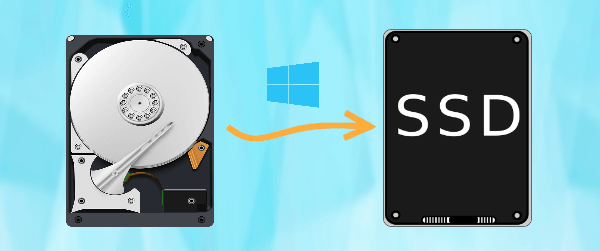
The PCMark 10 Storage Benchmarks overall score is calculated from the bandwidth and average access time sub-scores. On the full system drive benchmark the results show the Crucial P5 1TB drives finished in the middle of the pack with an overall score in the Full system drive benchmark. It typically takes an hour to run and the number of bytes written to the drive during test with default settings is 204 GB. Some of the traces include booting Windows 10 and start times for games titles Battlefield V, Call of Duty Black Ops 4, and Overwatch. The Full System Drive Benchmark uses 23 traces, running 3 passes with each trace. The goal of the benchmark is to show meaningful real-world performance differences between fast storage technologies such as SATA, NVMe, and Intels Optane. This benchmark uses a wide-ranging set of real-world traces from popular applications and common tasks to fully test the performance of the fastest modern drives. The first test that we will be running is the PCMark 10 Full System Drive Benchmark. PCMark 10 – Full System Drive Benchmark Results:

So, the take home message here is that PCMark 10 takes advantage of all available threads and uses newer real-world traces.

This should play top the strengths of NVMe devices that have come out in recent years as they were designed to handle multiple queues at the same time. Most modern software has been written to be a muilthreaded solution where it can push IOs from multiple threads. The CPU thread count used by the benchmark does not equal to the queue depth seen by the storage device. That means that the thread sending an I/O does not sit waiting for it to complete, but can instead queue more I/O to match the queue depth in the recorded trace.


The I/O in both PCMark 8 and PCMark 10 is asynchronous. About half the available cores/threads are being used for generating the data needed for I/O and the other half are tasked with sending out I/Os. PCMark 10 Storage uses all the CPU cores available on the platform being tested and has been validated to support up to 5GB/s bandwidth. We are by no means living in the single-core era thanks to corporations like AMD offering CPUs with higher core counts than ever before. PCMark 8 was originally introduced in 2013 and the storage test uses only one thread to do everything.


 0 kommentar(er)
0 kommentar(er)
